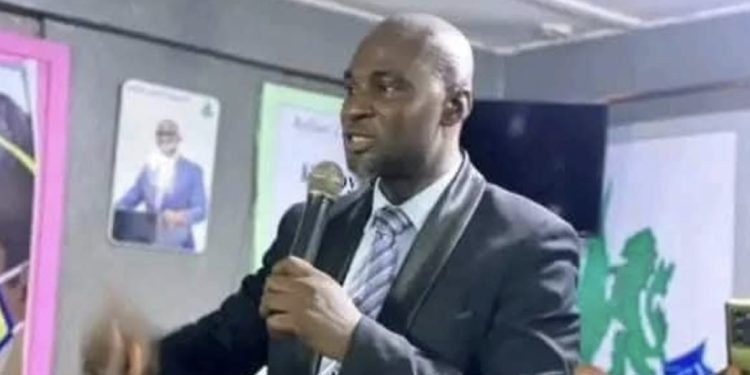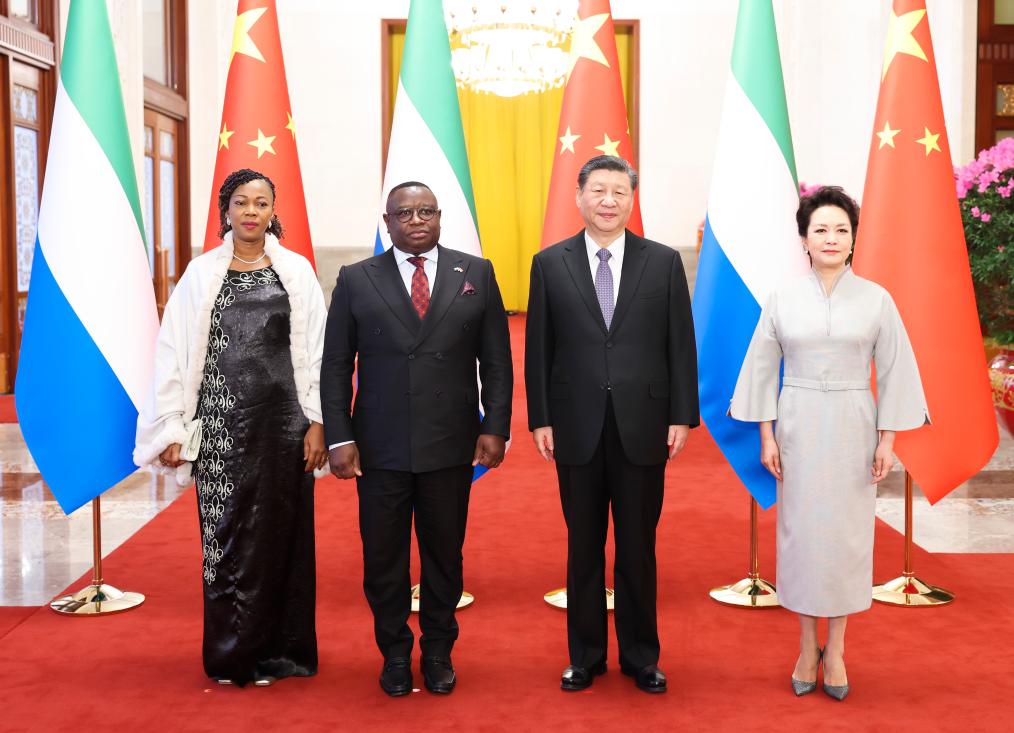By Albert David
In parliament recently, Alphonso Manley’s assertion that Sierra Leoneans endure slow internet speeds simply because they use “substandard” or “fake” phones must be condemned in the utmost and strongest terms. His statement is not only dismissive and troubling, but it also represents a disturbing lack of accountability from someone who claims to speak for civil society.
Instead of confronting the widely acknowledged realities, poor network coverage, exorbitant data charges, and inconsistent service delivery by telecom operators, Manley chose to shift blame onto citizens who already sacrifice significant portions of their income for services that rarely meet acceptable standards. This rhetorical maneuver is misleading, deceptive, and manipulative, serving only to protect entrenched corporate interests while undermining the legitimate struggles of ordinary Sierra Leoneans.
Civil society activists are expected to defend consumers, amplify grievances, and demand accountability. Manley’s intervention does the opposite, it weakens advocacy efforts, undermines civic integrity, and betrays the very people he is supposed to represent. His words are devastatingly self‑centered, privileging institutional complacency over citizen welfare.
Equally troubling is his claim that diasporans, investors, and tourists also suffer poor internet because they supposedly use “fake phones.” This oversimplification borders on misinformation. It trivializes legitimate concerns, erodes Sierra Leone’s credibility, and risks alienating international stakeholders who expect transparency and accountability, not scapegoating and deflection.
Manley’s posture reeks of economic compromise and compromised independence. Rather than challenging exploitative telecom monopolies, he parrots narratives that shield them from scrutiny. This is not advocacy, it is capitulation disguised as commentary, and it corrodes the very foundations of democratic discourse.
Alphonso Manley’s remarks are worrisome, disturbing, and profoundly unethical. They represent a misleading deflection that manipulates public perception, undermines consumer rights, and betrays the ethical duty of representation. His intervention must be radically rejected and condemned as a troubling affront to civic integrity, professional accountability, and the democratic struggle for fair and reliable services in Sierra Leone.











